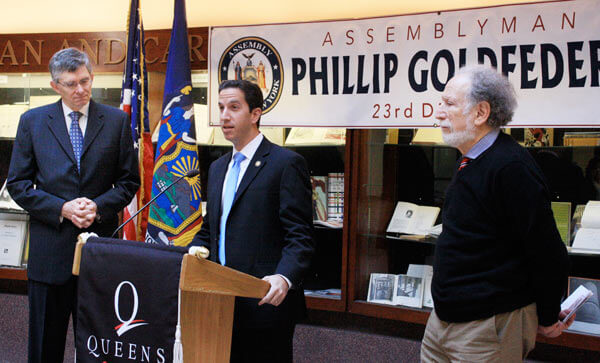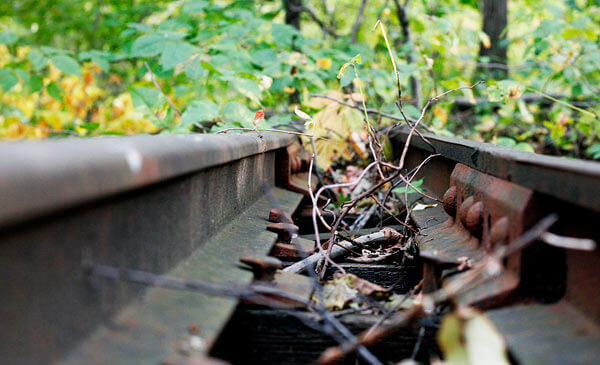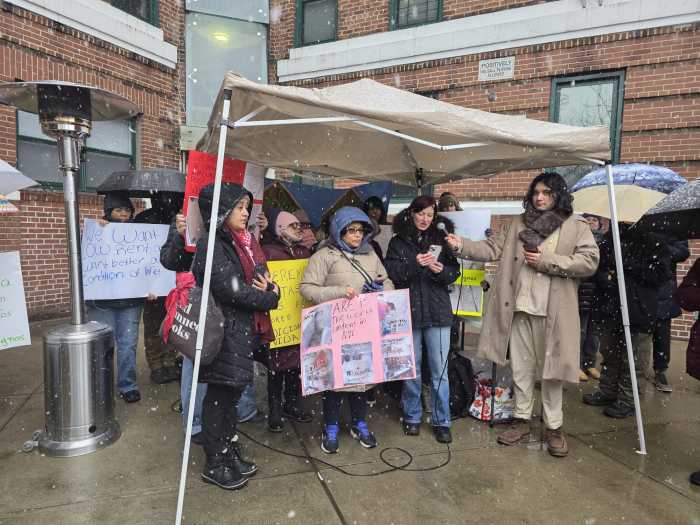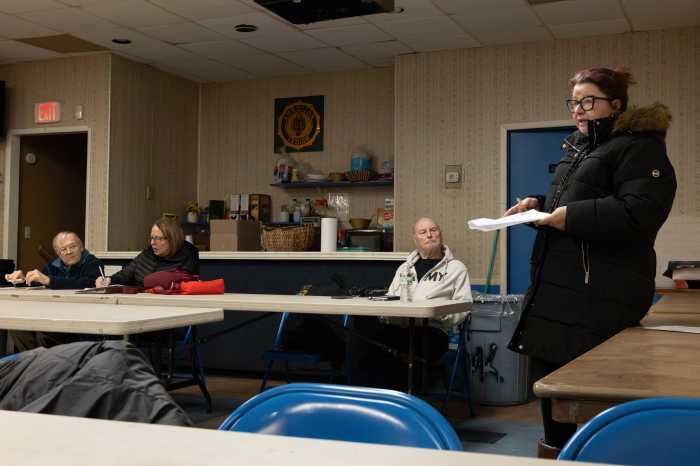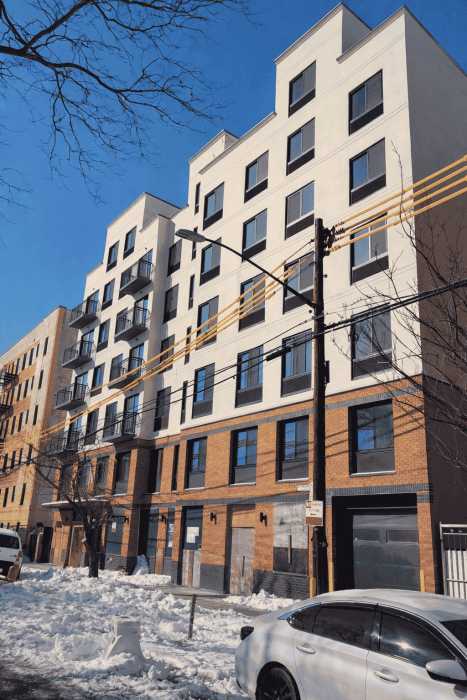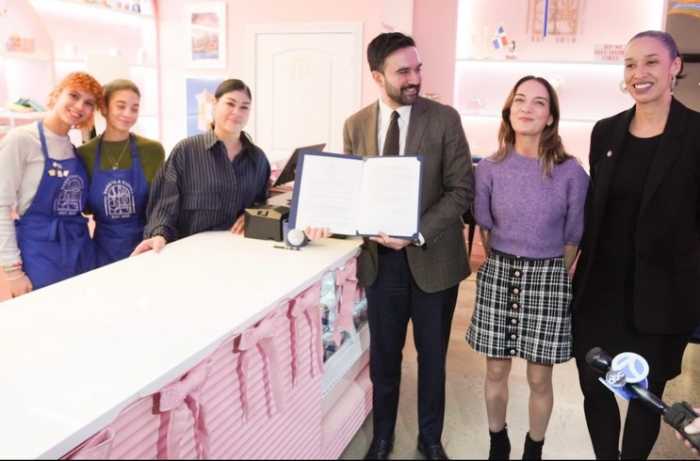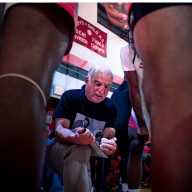By Bianca Fortis
Rockaway transit activists may be on track to getting their train back.
State Assemblyman Phil Goldfeder (D-Rockaway Beach), announced that the Queens College Urban Studies Department will complete a comprehensive study of the old Rockaway Beach rail line.
He spoke about the project Monday morning at the college, alongside President James Muyskens and Leonard Rodberg, chairman of the department.
Goldfeder said the study will be objective and comprehensive and evaluate how to use the abandoned rail line, which has sat dormant for more than 50 years, to benefit the most Queens residents.
Those options include reactivating rail service on the line that was decommissioned in 1962 and turning the line into a linear park.
“It’s not about anybody’s agenda or anybody’s needs,” Goldfeder said. “It’s about what’s in the best interests of Queens. We want to look at all options to give Queens a chance.”
Rodberg said it was too early to cite a cost of the study, but the study would be a “modest” one. While a complete and comprehensive study would be necessary before beginning any work on the line, the Queens College study could offer guidance to borough residents as well as the state Legislature.
Rodberg said the college would provide some grant funds, and Goldfeder said the state would also provide between $50,000 and $100,000 for the study.
He said undergraduate and graduate students will work on the project during the next two semesters.
“Who better to determine the best options for Queens than our own Queens College?” Goldfeder said. “And at the same time we’ll be educating our students.”
Philip McManus, a Rockaway Park resident who has long been vocal about transit options on the peninsula, lauded the announcement of the study.
He said the interminable travel times with which peninsula residents must grapple are a roadblock to better education and work opportunities for them.
The linear park option, which has been dubbed the QueensWay, would be similar to Manhattan’s High Line.
A group called Friends of the QueensWay has been pushing that option for the last few years.
QueensWay supporters recently secured a $467,000 grant from the governor’s office and are using it to fund a feasibility study for the project.
The study will be completed by the middle of 2014, according to Travis Terry, founder of the group.
Terry said the Friends of the Queensway would be happy to act as a resource for Queens College as it gathers its information.
“I think it’s great,” he said about the study. “I think it’s good that we have a local institution interested in the future of the abandoned Rockaway Beach branch. The more information we have, the better.”
A third faction, primarily comprised of Woodhaven residents, is against all development, citing concerns about safety, privacy and diminishing property values. Many of those residents live right along the railbed.
Neil Giannelli, the unofficial leader of the Woodhaven residents, also said he welcomed the study and whatever information is garnered.
“Queens is being choked by automobiles,” he said. “I’ve always said that it would be harder to argue against public transportation.”
In 2001, the Metropolitan Transportation Authority released a feasibility study that determined reactivation of the line was impossible due to overwhelming costs, The Wave, a newspaper on the Rockaway Peninsula, reported.
But a request to the MTA for a copy of that study was unsuccessful. A spokesman for the agency said no study was completed.
But when it released its 20-year capital needs assessment report last month, the MTA said reactivating service on the rail line is a “possible option” to help ensure that the entire transit system continues to run safely and reliably until 2035.
The report said reactivation “could help reduce land acquisition and construction costs and facilitate construction time in densely developed areas.”
Reach reporter Bianca Fortis by email at bfortis@cnglocal.com or by phone at 718-260-4546.

